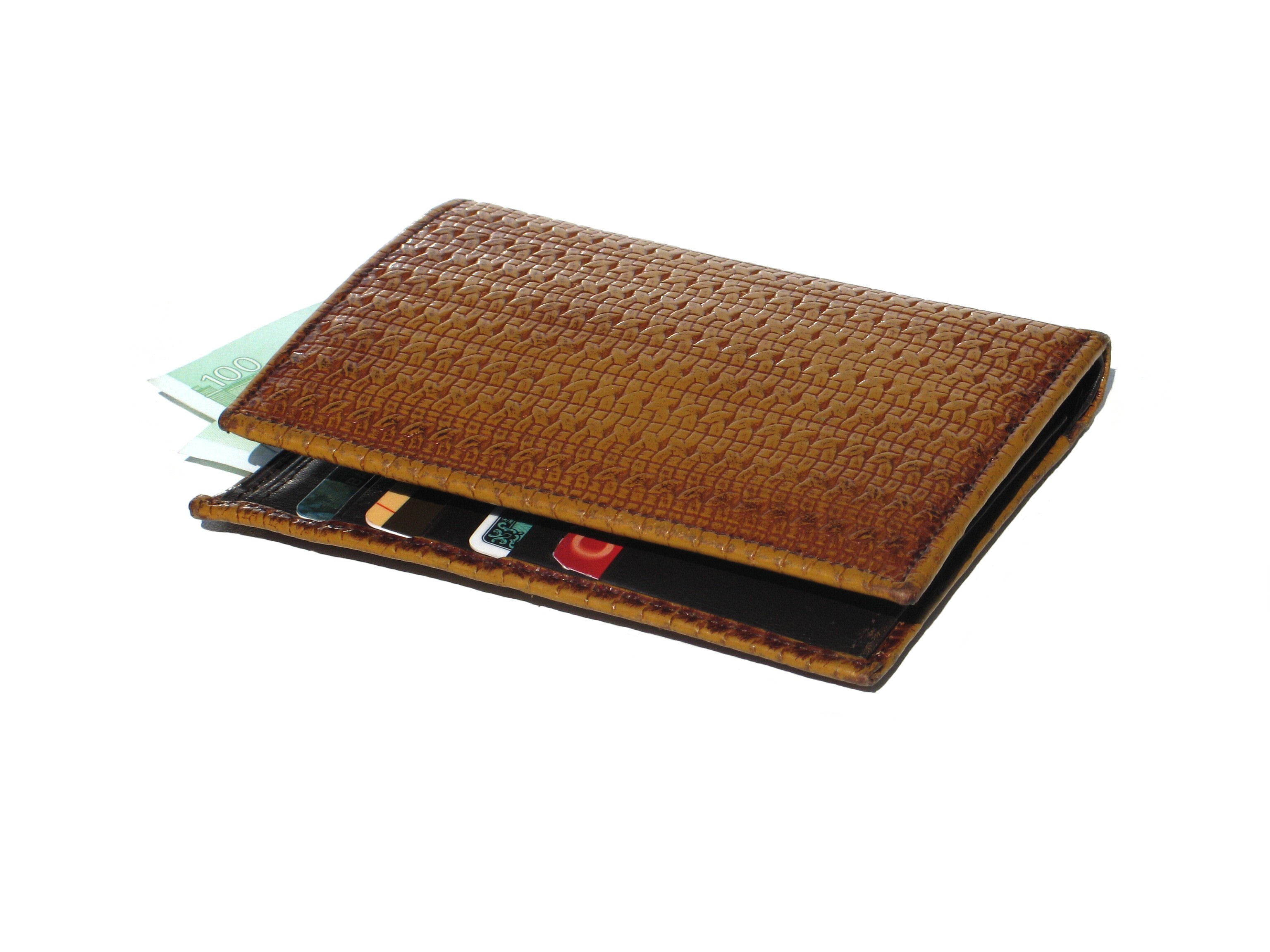Customers who meet the criteria are asked whether they are transferring balances. Many banks allow customers to add users free of charge. The income level and payment history determine whether customers qualify for a specialty, standard, or secured card. Different cards are offered to students, and issuers request contact and personal information as well as school information such as class year, enrollment status (part- or full-time), and school name, city, and state. Financial institutions also require work-related information such as occupation, income before taxes, and name of employer. If you need an additional card, you will be asked whether it is for your child, partner or spouse, or another party. Different secured and unsecured cards are offered by Canadian banks and best Canadian credit card companies. When applying, customers fill in an application form to be reviewed while banks run a credit check. Financial institutions in Canada accept applications by residents and citizens of the age of majority. Banks are unlikely to approve your application if you have late payments. In some cases, issuers specify that the card is offered to clients with excellent and good credit.
payment history determine whether customers qualify for a specialty, standard, or secured card. Different cards are offered to students, and issuers request contact and personal information as well as school information such as class year, enrollment status (part- or full-time), and school name, city, and state. Financial institutions also require work-related information such as occupation, income before taxes, and name of employer. If you need an additional card, you will be asked whether it is for your child, partner or spouse, or another party. Different secured and unsecured cards are offered by Canadian banks and best Canadian credit card companies. When applying, customers fill in an application form to be reviewed while banks run a credit check. Financial institutions in Canada accept applications by residents and citizens of the age of majority. Banks are unlikely to approve your application if you have late payments. In some cases, issuers specify that the card is offered to clients with excellent and good credit.
Issuers also offer secured and unsecured credit cards to businesses as an alternative to LOCs and small business loans. Most issuers require financial information such as average turnover, gross annual income, and full business name. Financial institutions require information such as monthly housing payments, social insurance number, and other details. Some issuers are interested in whether the business is seasonal. Customers who apply for a balance transfer card are asked about their payment address and credit card number. Some banks allow more than 1 balance transfer. Applicants are also asked whether employees will be added to the card account. Applicants also provide information such as income from second job, rent, investments, benefits, and superannuation. Some banks offer the option to check your application status online. Bank clients can choose from different products, including travel, charge, and bad credit cards. Your FICO score is an important factor that shows whether you handle credit responsibly. Banks also look at your installment loans and lines of credit.

